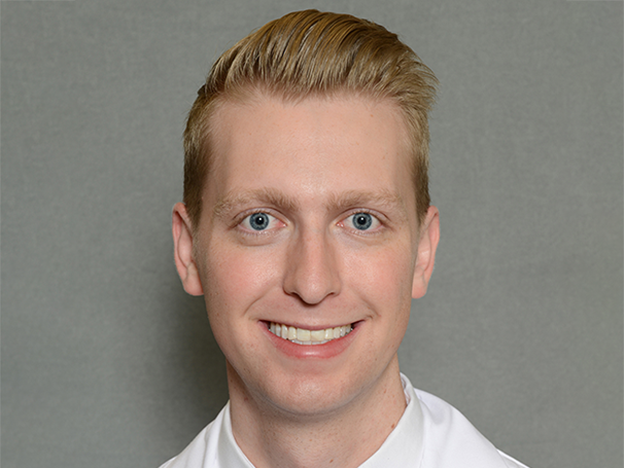 by Dr. Dan Spell, PGY-3
by Dr. Dan Spell, PGY-3
After the passage of the Affordable Care Act in 2010, more than 40 million patients are now insured under the act. The rate of uninsured non-elderly (age above 65) patients has dropped nationwide by close to 20 million.Consequently, approximately 20 million Americans now enjoy the ability to afford routine medical examinations, reduce their pharmaceutical expenses, and free themselves from the apprehension of emergency room fees. Although this marks a significant triumph for the American populace, it is crucial to recognize that our work remains incomplete. This is where Mr. Bartlow (name changed for privacy) enters the picture.
Mr. Bartlow is a bombastic man from Jersey who moved to Birmingham a few years ago. He's talkative and affable, and he occasionally proves to be difficult to redirect. He will tell you he is committed to bettering his health if asked. He points to the heart attack he had back in 2020 that caused him to re-evaluate his life. He will tell you his biggest flaw, other than smoking, is his A1c of 12%. A careful look at his chart will tell you that his uncontrolled diabetes isn't the biggest flaw for this Jersey native. It's that, through no fault of his own, he is uninsured.
Mr. Bartlow, like many uninsured patients, relied on intermittent emergency department visits for his healthcare. When he presented to UAB in 2020 with chest pain, he had no primary care physician, no prior prescriptions, and no insurance coverage. This marked a significant turning point in Mr. Bartlow's life. Yes, he was diagnosed with a heart attack and various health conditions, including type 2 diabetes, that predisposed him to this event. But also, he was sent to two of the free health clinics available at UAB.
One of these clinics, the "Providing Access to Health Care" facility, is where I had the privilege of meeting Mr. Bartlow on several occasions. The clinic provided him with free medications for his diabetes and lowered his A1c close to the goal of 7.0%. He cut back on his smoking. He changed his diet. He also started exercising. He's lost 20 pounds since first being seen. He attributes all of these changes, very thankfully, to the doctors who have attended to him for free since his heart attack. At my last visit with him, he applied for Medicare, qualifying not due to his age but on the grounds of the health conditions diagnosed after his heart attack. He is now able to afford his much-needed medications and follows up regularly at UAB.
Would Mr. Bartlow's life have been different if he had had access to healthcare before his heart attack? During our office visits, I asked him as much. Mr. Bartlow candidly acknowledged that he was financially unable to secure healthcare. The prices on the marketplace were too high for him to justify spending. It’s hard to know whether or not Mr. Bartlow would have seen a primary doctor with more affordable health insurance. What we can know is that within a year of having access to free healthcare, his life and health turned around. I can certainly imagine a world in which Mr. Bartlow met with a PCP before his heart attack in 2020 and prevented his visit to the emergency department that day, all because he could afford healthcare.